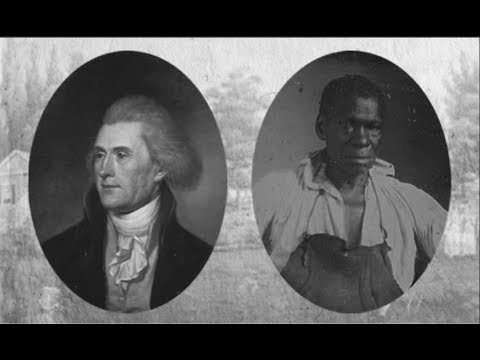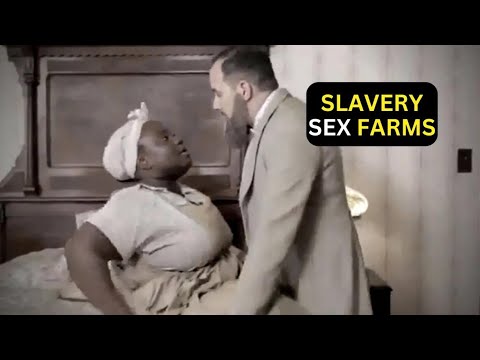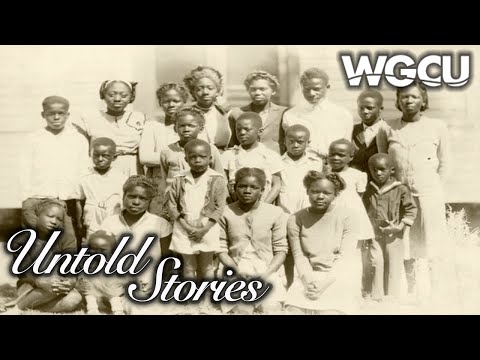Introduction:
The history of slavery in the United States is often portrayed as a solely racial issue, with black men and women enduring the harshest forms of enslavement at the hands of white male slave owners. While this narrative holds an immense truth, it is vital to shed light on an often overlooked aspect of this dark chapter – the abuse suffered by black male slaves at the hands of white women. The untold stories of pain, exploitation, and violence provide a deeper understanding of the complex dynamics and intergenerational trauma that continue to impact communities today.
Historical Context:
During America’s era of slavery, societal structures reinforced gender roles that granted white women considerable power within their households. While enslaved black women endured horrific acts perpetrated by white male slave owners, black men were not exempt from abuse inflicted by white women. These women, conditioned by a society that dehumanized Africans and people of African descent, sometimes wielded their authority in shocking ways.
Exploitation and Sexual Violence:
Behind closed doors, white mistresses exercised their dominance over enslaved men in deeply personal ways. As “property” themselves, these men were subjected to forced sexual encounters or used purely for the carnal desires and fantasies of their female oppressors. This coerced intimacy stripped them further of their dignity while inflicting emotional trauma that reverberated through generations.
Punishment and Domestic Violence:
White women also played a significant role in enforcing discipline on plantations or within households. As masters’ wives or plantation mistresses, they frequently exercised authority over enslaved individuals. Accounts reveal instances where these women subjected black male slaves to physical violence, administering brutal punishments that included whipping or even branding.
Female Accomplices In Slave Ownership:
While many white women held no official ownership titles themselves during slavery due to legal restrictions imposed on property ownership by females, they often indirectly profited from and endorsed the institution. Some inherited enslaved individuals through marriage or received them as dowry. Thus, white women indirectly contributed to the enslavement of black men and played a role in perpetuating the abuse.
Impact and Legacy:
The abuse experienced by black male slaves at the hands of white women left indelible scars on their psyches and communities, further exacerbating the complex intergenerational trauma that endures today. These unresolved wounds continue to influence notions of masculinity, sexuality, family dynamics within African-American communities, demanding acknowledgement and healing.
Addressing Inequality by Recognizing All Forms of Abuse:
Acknowledging these untold narratives is crucial for developing a comprehensive understanding of slavery’s lasting impact on present-day societal issues, including systemic racism, historical trauma, and gendered violence. Such recognition helps shape more inclusive conversations around inequality and fosters empathy towards those whose ancestral experiences have been largely ignored.
Conclusion:
Within any oppressive system, there are various dimensions to exploitation and mistreatment that deserve recognition. By acknowledging the untold abuse suffered by black male slaves at the hands of white women during slavery in America, we deepen our understanding of this painful history while working towards a more comprehensive narrative that promotes equality and social justice for all.





